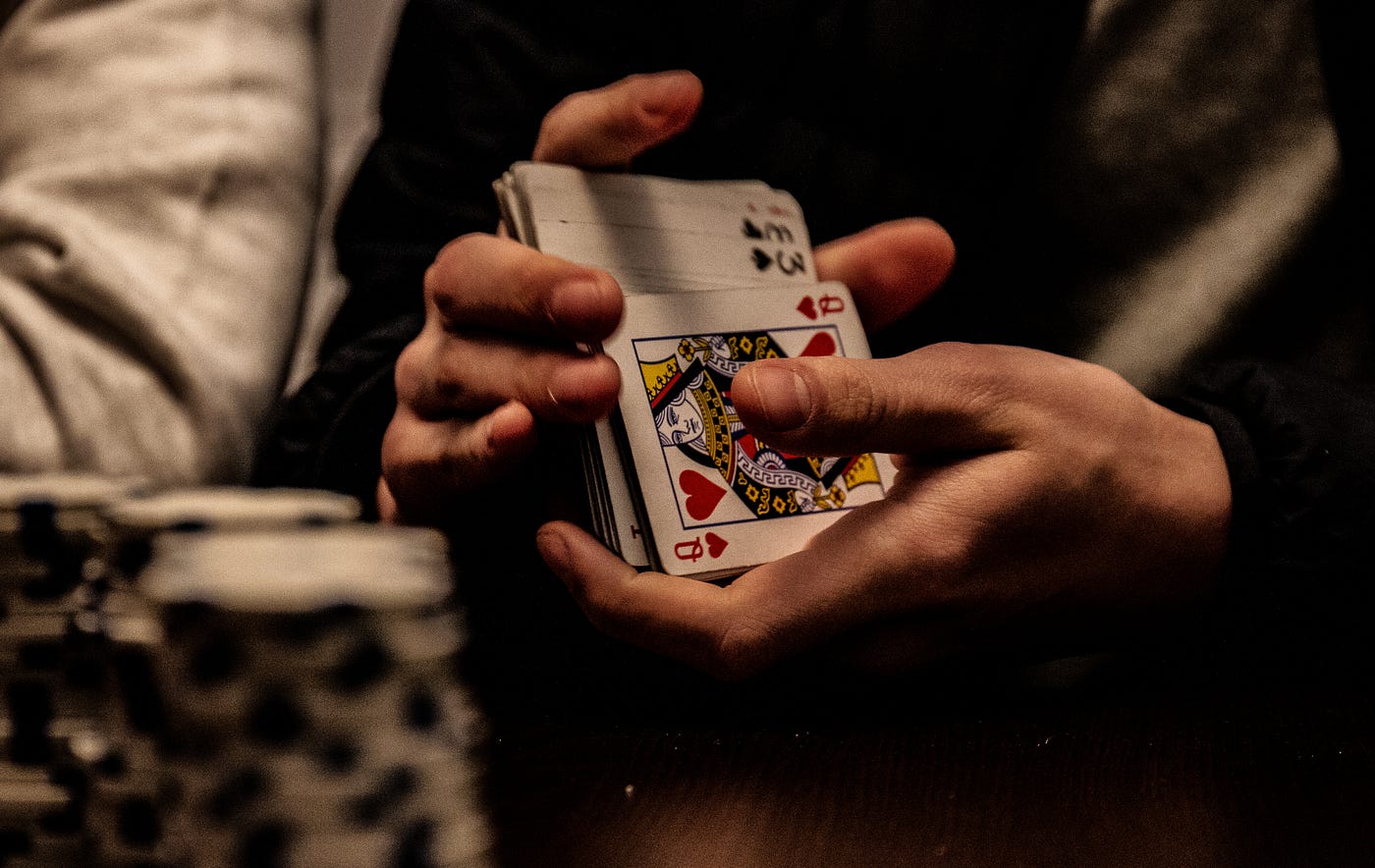Poker has long been an iconic part of American culture. A game which blends skill, chance and strategy. Poker’s rise to popularity has produced books, films and TV shows about it as well as new variants of it being developed.
While its exact origins remain obscure, poker may have originated from European card games played during the 16-17th centuries such as Poque and Primero – two such examples can be seen today as its precursors.
Origins
Poker first arrived in America during the 19th century, an era marked by social change and innovation. It first found prominence in New Orleans before spreading rapidly across the country via word of mouth. While experts often speculate on its exact source, most agree it stems from As-Nas, a Persian card game. Furthermore, poker shares roots with Renaissance games like primero and French card game brelan.
It is likely that early card games like brelan and brag had an influence on the development of poker, though its effect remains uncertain. Poker stands apart from most card games by having a unique betting system not seen elsewhere – perhaps deriving from English game brag derived from brelan that allowed for bluffing as its primary form.
Rules
Poker is a complex combination of strategy, skill and chance. While its rules can be difficult to master due to betting and bluffing strategies, anyone can become an accomplished poker player by understanding its rules and prioritizing important aspects of play.
Modern poker evolved during the 19th century from various European card games, such as Poque (French) and Primero (German), both featuring elements of betting and bluffing. As it gained popularity throughout America – particularly riverboat gambling and saloon gaming – poker became an immensely popular pastime.
Today, this game can be found everywhere from casinos and private homes to online platforms – even being turned into a movie! Its immense popularity has garnered widespread appreciation.
Variations
As poker gained in popularity throughout the United States, various variations developed, including Draw Poker which first came about in the 1820s and opened up real money betting. Over time these modifications led to increased skill and strategy that has transformed poker into an international phenomenon that draws newcomers every year.
Though its exact origins remain a mystery, poker likely evolved from other popular card games played across Europe and North America at that time, including French poque – a form of bluffing and betting – and Persian As-Nas.
Throughout the 19th Century, poker became immensely popular in Old West saloons and Civil War troop encampments in the Old West and during Civil War troop encampments; its popularity also spread aboard Mississippi riverboats where Mark Twain shared his experiences playing the game.
Betting intervals
Poker has left an indelible mark on history and culture worldwide, becoming an international fad in its early days. Although players in its infancy would use coins or even gold nuggets as currency to bet with, establishments eventually created standardised chips to facilitate play in saloons and casinos as it evolved, eventually even adopting felt-covered tables with designated spots for chips and cards.
Betting intervals in poker begin when one player makes any amount bet. Each subsequent player then must either call or drop, raising or folding being options available; any time you do either of these you forfeit any chips you put into the pot.
The origins of poker can be traced to European games such as Pochen (German, 15th – 17th centuries), Post and Pair (16th – 18th centuries) and Brelan (16th – 19th centuries), none of which had any major bearing on its development.
Limits
Poker has become one of the world’s most enduring card games, playing a prominent part in American culture and becoming an enjoyable social activity for its widespread usage both on television and online. It can be found everywhere from clubs to casinos – making poker one of the world’s favorite pastimes!
Though many believe poker to have its origins in ancient China, its true roots can be traced to a card game known as poque that was introduced into New Orleans and Louisiana by French sailors and merchants from Newfoundland and France. Poque may also have originated as an offshoot of English Brag or Persian As-Nas.
Poker’s popularity flourished during the 19th century when it adopted a standard deck of 52 cards for play and added betting rounds and hand rankings as enhancements.





